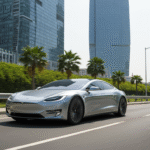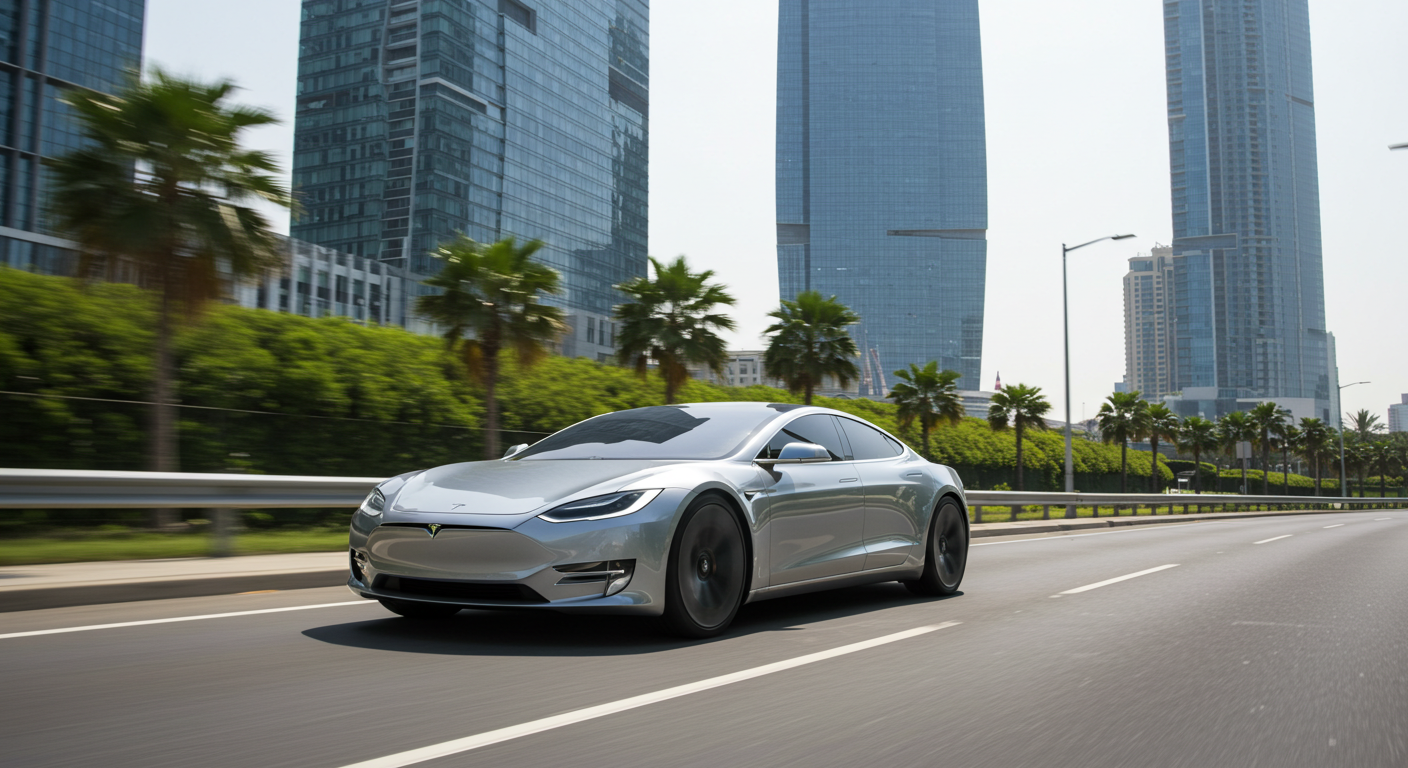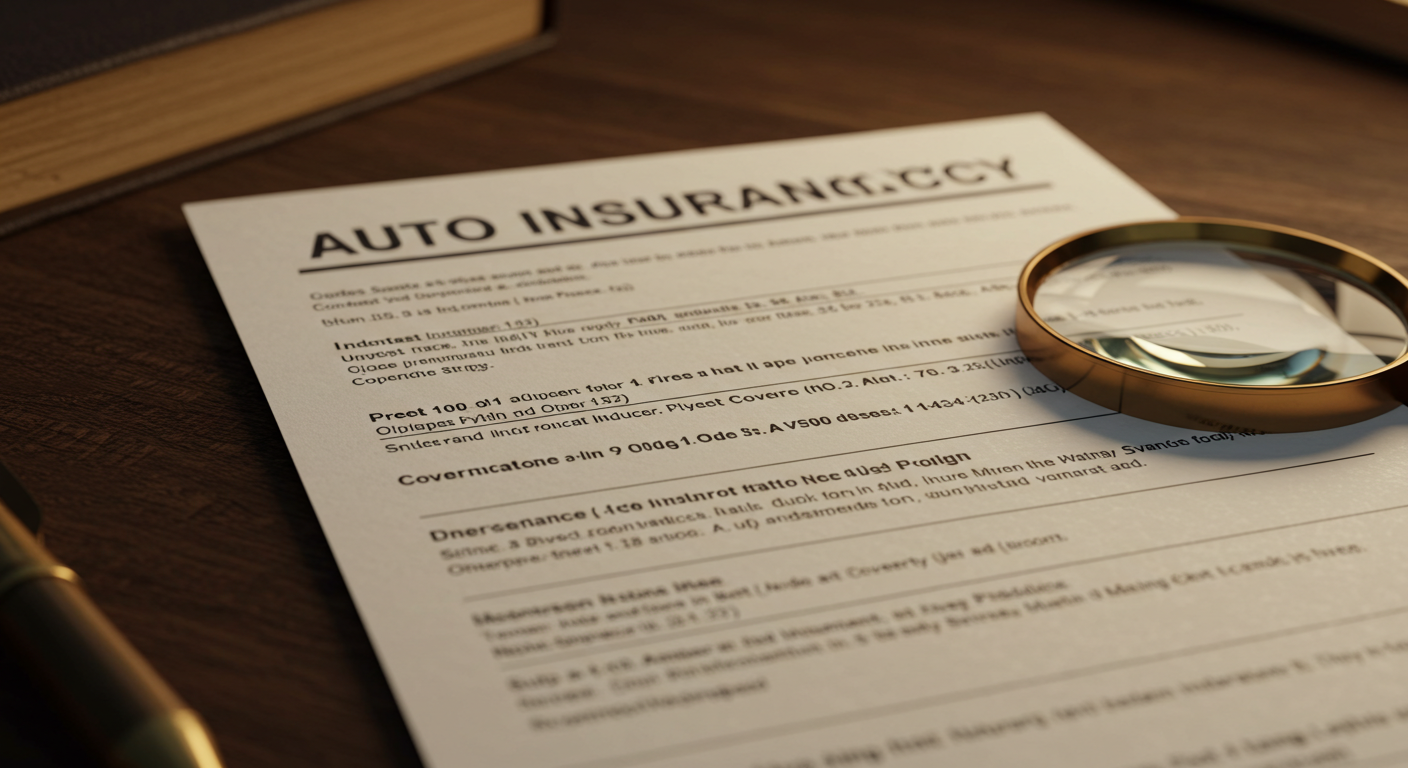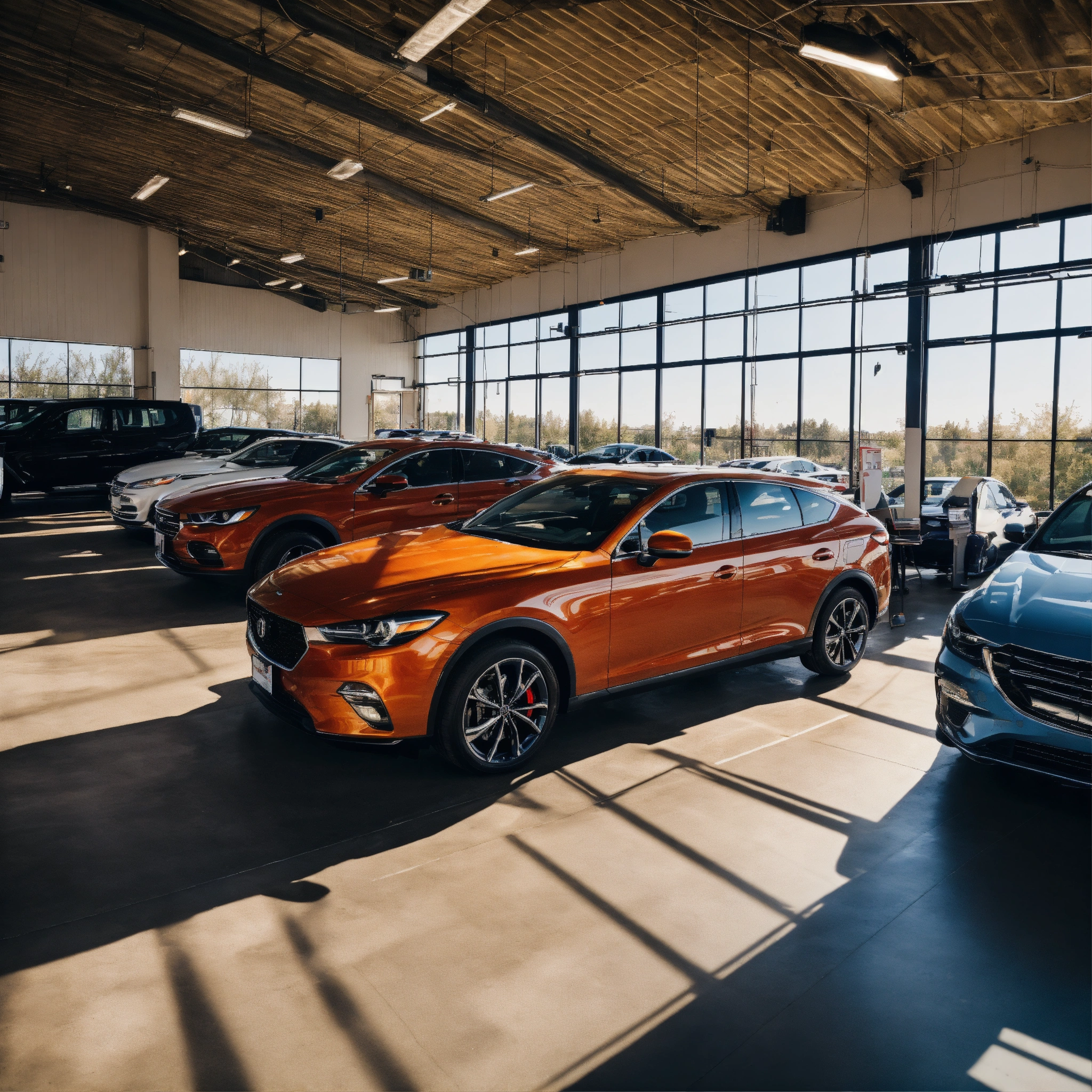Discover the main advantages and disadvantages of electric cars in Brazil. Economy, sustainability and challenges in the national automotive scenario
The growing popularity of electric cars in Brazil brings with it a number of considerations for those considering adopting this technology. While the world is rapidly moving towards vehicle electrification, many Brazilians are still pondering whether this is the right choice for them. In this article, we will explore the pros and cons of owning an electric car in Brazil , covering everything from costs and infrastructure to environmental impact.
Advantages of Electric Cars
Fuel economy
Charging an electric car is generally cheaper than filling up a combustion-powered car, especially considering the high price of gasoline in Brazil. For example, while filling up a car with a 55-liter tank can cost around R$275.00 to drive 660 km, charging an electric car for a similar range would cost approximately R$94.68.
Reduced environmental impact
Electric cars do not emit local pollutants, making them a cleaner and more environmentally friendly option. This is especially important in densely populated urban areas, where air quality is a growing concern.
Less maintenance
Electric cars have fewer moving parts compared to combustion cars. This means less overall wear and tear and, consequently, lower maintenance costs and frequency.
Tax incentives
While we are still in the early stages, some Brazilian states offer tax incentives for the purchase of electric vehicles, which can help mitigate the higher initial cost.
Disadvantages of electric cars
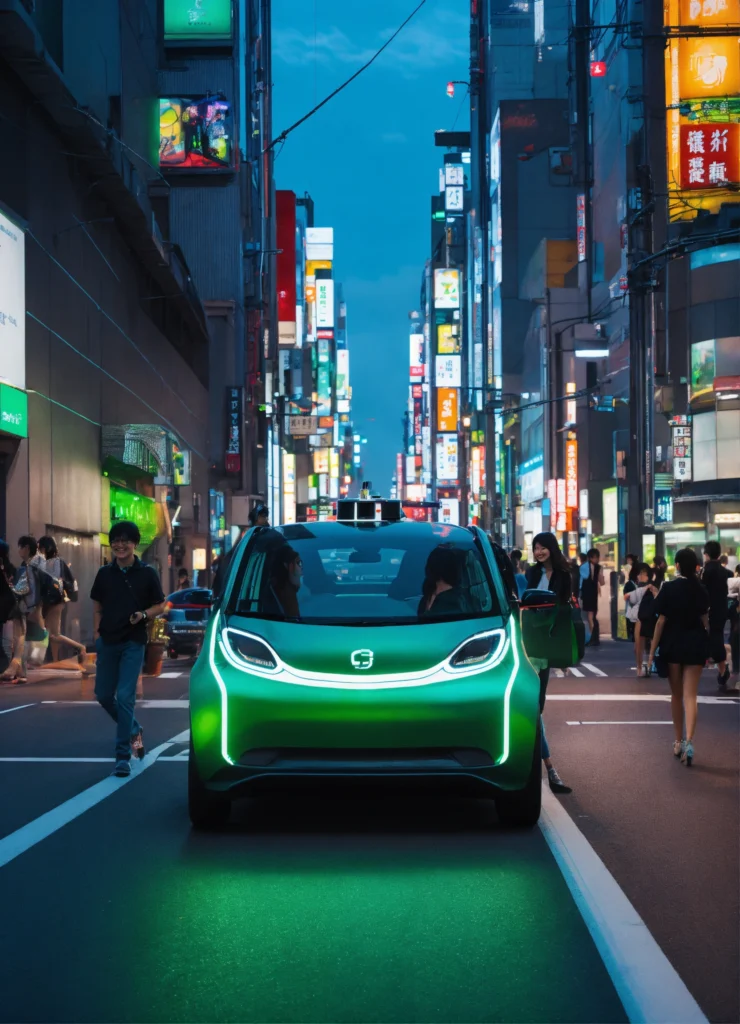
Limited charging infrastructure
One of the biggest barriers to the adoption of electric vehicles in Brazil is the still incipient charging infrastructure. Although it is improving, the availability of fast charging points is still limited, especially outside of large urban centers.
High Initial Cost
The purchase price of an electric car is higher than that of an equivalent combustion model. This factor can be a significant deterrent for many consumers.
Recharge time
Charging an electric car can take much longer than simply filling up a gas car. This can be an inconvenience, especially for those who need a quick and easy solution.
Battery degradation
Over time, the battery capacity of an electric car can decrease, meaning the vehicle may not have the same range as when it was new. Replacing batteries can also be expensive, and disposing of them can cause environmental problems.
Electric cars offer many advantages that may be particularly attractive in a Brazilian context, such as fuel economy and reduced emissions. However, there are still significant challenges, such as charging infrastructure and upfront cost. For potential buyers in Brazil, it is crucial to weigh these pros and cons based on their specific needs and priorities.
As the trend is towards the growth of vehicle electrification, we expect to see an evolution in both the technology and infrastructure that supports electric cars in the country.


